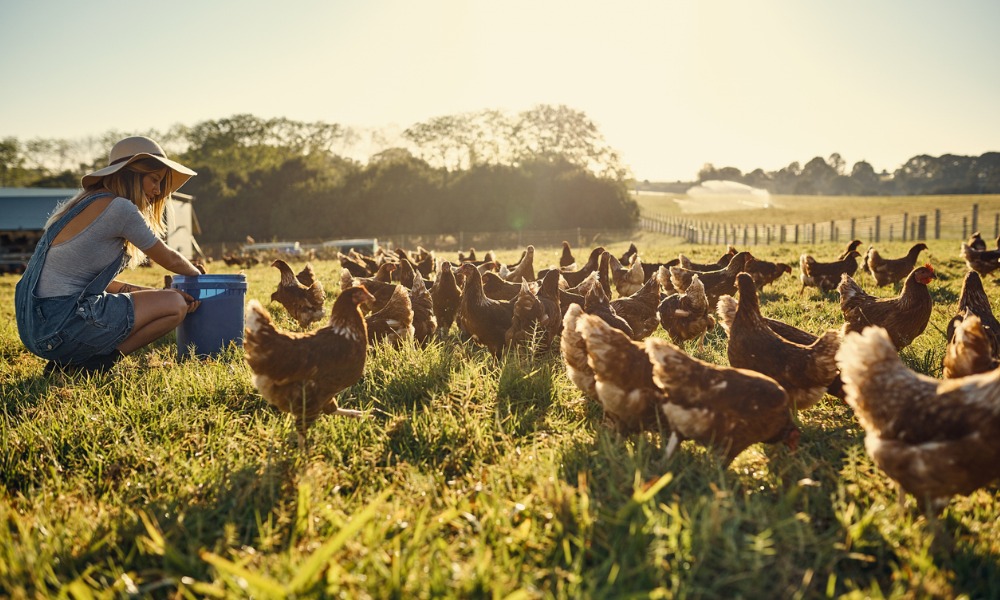
'We should be doing everything we can to eliminate the chances of dairy and poultry workers contracting this virus'

The United States reported this week five more people who tested positive for bird flu, raising the country's official count to nine.
The workers were from Colorado, health officials confirmed, who were originally tasked with culling infected chickens at a farm on the northeastern side of the state.
None of the employees have been hospitalised, but they exhibit mild symptoms including pink eye and other common respiratory symptoms, according to Colorado's Department of Public Health and Environment.
"State epidemiologists suspect the poultry workers' cases are a result of working directly with infected poultry," the state said in a statement. "The investigation is ongoing with support from CDC (Centres for Disease Control and Prevention)."
The H5N1 bird flu has been spreading in wild birds worldwide and has affected nearly 100 million birds in the United States as of July 11, according to the CDC.
The disease made its jump from birds to dairy cows, with the first reported cases emerging in late March this year.
The CDC said the wide geographic spread of H5N1 viruses in wild birds, poultry, and some other mammals could create "additional opportunities for people to be exposed in these viruses."
The current risk of bird flu to the general public, however, remains low, it stated.
"While the current public health risk is low, CDC is watching the situation carefully and working with states to monitor people with animal exposures," the CDC said on its website. "CDC is using its flu surveillance systems to monitor for H5N1 activity in people."
Experts, however, have been calling on the CDC to step up its efforts to prevent the virus from jumping to humans.
"We should be doing everything we can to eliminate the chances of dairy and poultry workers contracting this virus," said Angela Rasmussen, a virologist at the University of Saskatchewan in Canada, told the KFF Health News.
"If this virus is given enough opportunities to jump from cows or poultry into people, it will eventually get better at infecting them."